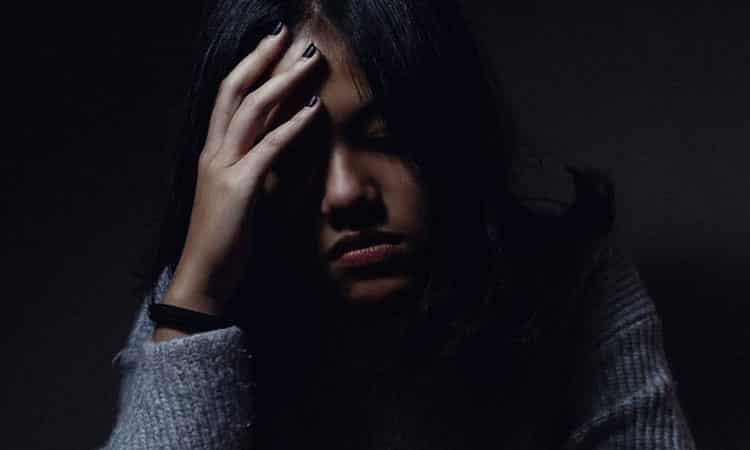
Parties, celebrations and holidays are occasions that often may include drinking. Drinking in moderation may cause little risk for a person not predisposed to an alcohol use disorder. However, binge drinking comes with a great deal of risk for not only the person drinking but the people around them. It is helpful to be aware of the signs of alcohol poisoning or overdose.
6 Symptoms of Alcohol Poisoning
- Vomiting – Watch an unconscious victim and make sure they are not choking on their own vomit.
- Loss of consciousness – Passing out, as opposed to just sleeping, can be a serious warning sign.
- Continue attempting to wake the victim. If they do not wake up, call for help.
- Breathing – Listen for slow or unusual breathing. 8 breaths per minute or less is considered slow.
- Skin – Watch for skin to turn blue or unusually pale
- Seizures – Contact emergency services for immediate help.
What can be done?
If you are with a person who is exhibiting any of the symptoms listed, do not leave them unattended.
Cover the person with a blanket. If they are awake, try to keep them in an upright position. Have them sip water stay hydrated. If they are throwing up, lean them forward.
If the person is unconscious, lay them onto their side to prevent them from choking on vomit. Unconsciousness, as opposed to sleep, is a red flag that the person may need medical attention. You should always err on the side of caution. Get medical attention on the way for a person who has lost consciousness.
Be prepared to provide medical professionals with as much useful information as possible. How much the person has had to drink and what they have been drinking. The time frame over which they have been drinking. A list of any other drugs that may have been ingested and any prescription medications they are on. It’s also helpful if you can share any pertinent information about their medical history and any known allergies. Don’t expect to do all of this to perfection. The most important thing is to get them medical help and not leave them unattended until it arrives.
Things You Should NOT Do:
- Give the person a cold shower, as it can lower their body temperature.
- Give them food. It may cause vomiting or choking.
- Have them walk. It could lead to a fall.
- Induce vomiting deliberately. It can cause choking.
Some of the signs that a person has had too much to drink include slurred speech, loss of balance, and disinhibited behavior. A person who has consumed alcohol to excess may be either overly friendly or flirty or angry and irrational.
Certain factors can increase a person’s susceptibility to alcohol poisoning. How much alcohol is consumed and how quickly is the first to note. Overall health is also a factor as it can impact the liver’s ability to metabolize alcohol. The person’s size and weight, as well as their level of alcohol tolerance, is a crucial factor. Whether or not the person has had anything to eat before they began drinking, and how much. Whether or not they are on certain medications or are taking illicit drugs in combination with alcohol. Drinking on an empty stomach, in combination with other drugs, or playing drinking games should all be discouraged to reduce the chances of alcohol poisoning.
Alcohol Poisoning is Serious and Can Lead to:
- Choking and suffocation
- Severe dehydration
- Seizures
- Hypothermia
- Irregular heartbeat
- Brain damage
- Death
Caution is the best way to avoid alcohol poisoning. Drink only in moderation or none at all. FDA guidelines indicate no more than one drink for women and two drinks for men per day. Alternating alcoholic drinks with water can be helpful to avoid both dehydration and overconsumption.
Communication is key. Teens and young adults are at high risk for alcohol poisoning. Children who get warnings about the effects of alcohol by their parents and who have close relationships with them, are less likely to develop an alcohol use disorder. If you have teenagers or young adults at home, consider keeping alcoholic beverages under lock and key.
Alcohol poisoning is often a sign of an alcohol use disorder. If you would like to discuss options for treatment for yourself or a loved one, please call us at (423)708-4961.